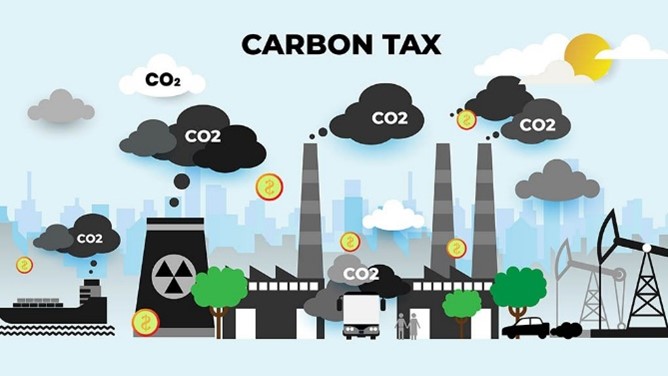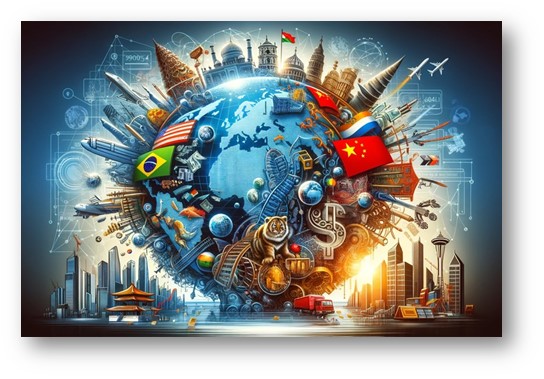The Role of International Organizations in Conflict Resolution

The Role of International Organizations in Conflict Resolution
by vivienne 05:32pm Jan 08, 2025
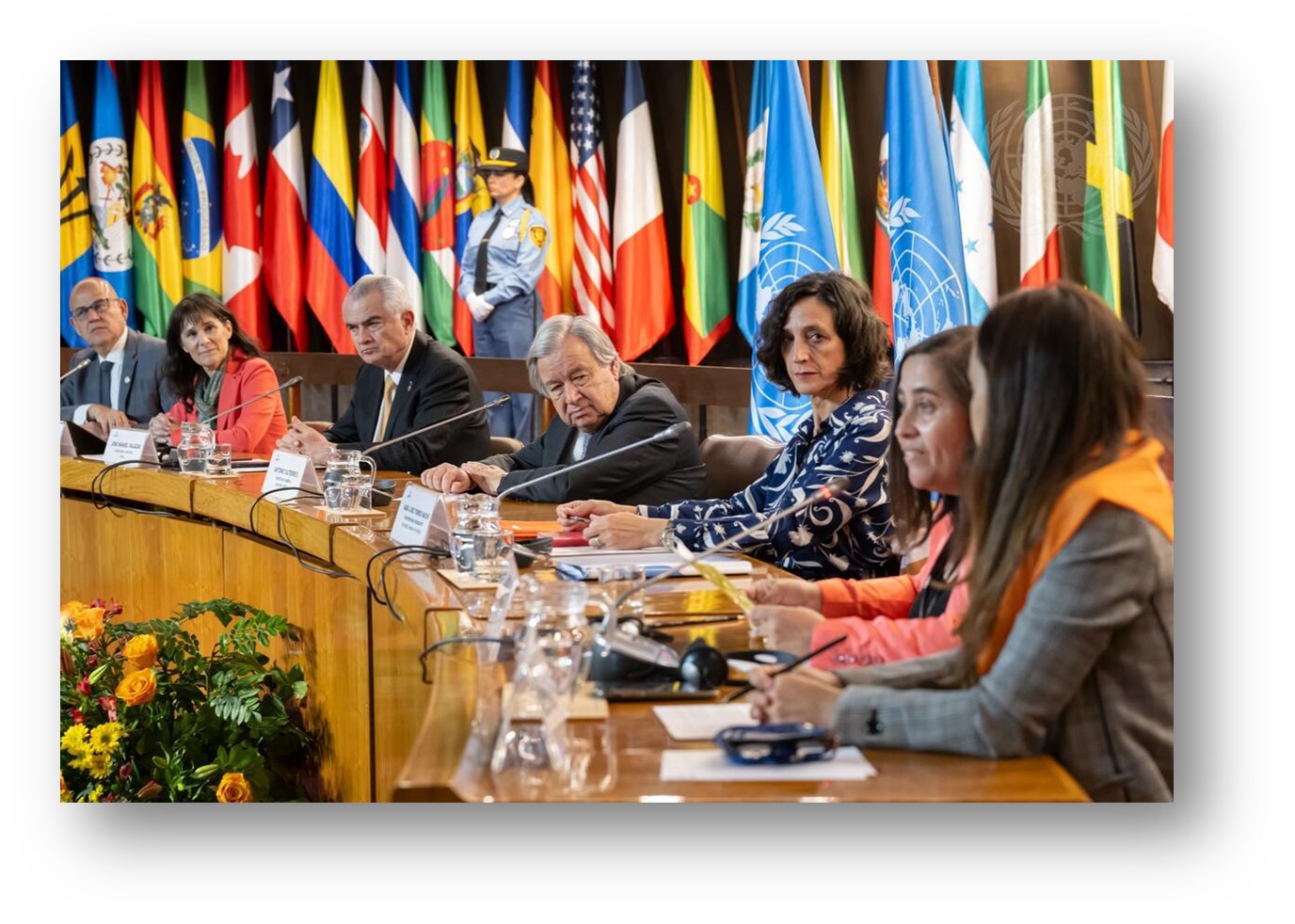
International organizations play a vital role in conflict resolution by providing a neutral platform, resources, and support for diplomacy, peacebuilding, and stability. Here are some key roles they fulfill:
1. Mediation and Facilitation of Peace Talks
· United Nations (UN): The UN often mediates or facilitates peace negotiations between conflicting parties, leveraging its global credibility. For example, the UN has facilitated peace talks in Syria, Yemen, and South Sudan.
· Regional Organizations: Organizations like the African Union (AU) or the Organization of American States (OAS) also mediate conflicts within their regions, bringing in cultural understanding and regional expertise. 
2. Peacekeeping Operations
Deployment of Peacekeeping Forces: The UN and regional organizations (e.g., NATO, AU) deploy peacekeepers to stabilize conflict areas, prevent violence, protect civilians, and ensure safe humanitarian aid delivery.
Monitoring Ceasefires: Peacekeepers often oversee ceasefire agreements to ensure that parties adhere to peace commitments.
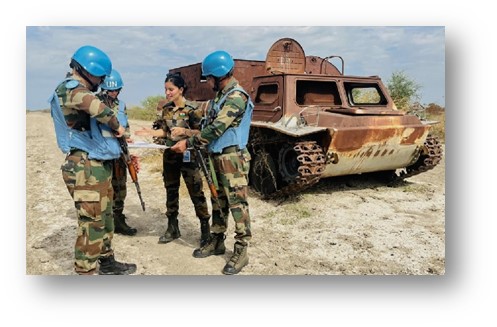
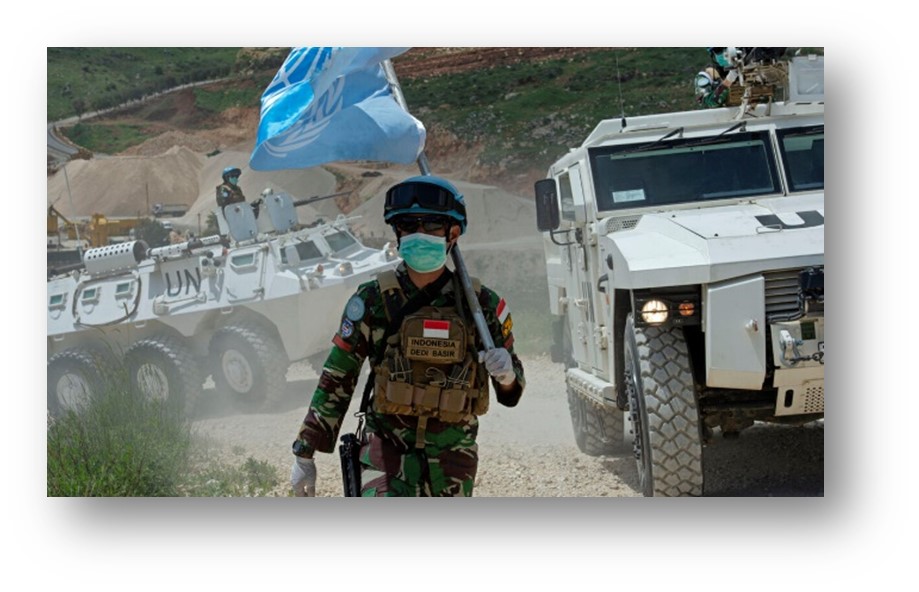
3. Humanitarian Aid and Support
Protection and Assistance to Civilians: Organizations like the UN High Commissioner for Refugees (UNHCR) and the International Committee of the Red Cross (ICRC) provide food, shelter, and medical aid to those affected by conflicts.
Post-Conflict Reconstruction: The World Bank, International Monetary Fund (IMF), and UN agencies support rebuilding efforts to restore infrastructure and social services, helping stabilize post-conflict regions.
4. Promoting Dialogue and Confidence-Building
Initiatives for Reconciliation and Trust-Building: International organizations engage in programs that foster dialogue and reconciliation among conflicting communities, as seen in the work of UNESCO or the OSCE (Organization for Security and Co-operation in Europe).
Monitoring Human Rights and War Crimes: The International Criminal Court (ICC) and UN Human Rights Council investigate human rights abuses, holding perpetrators accountable and deterring future violations.
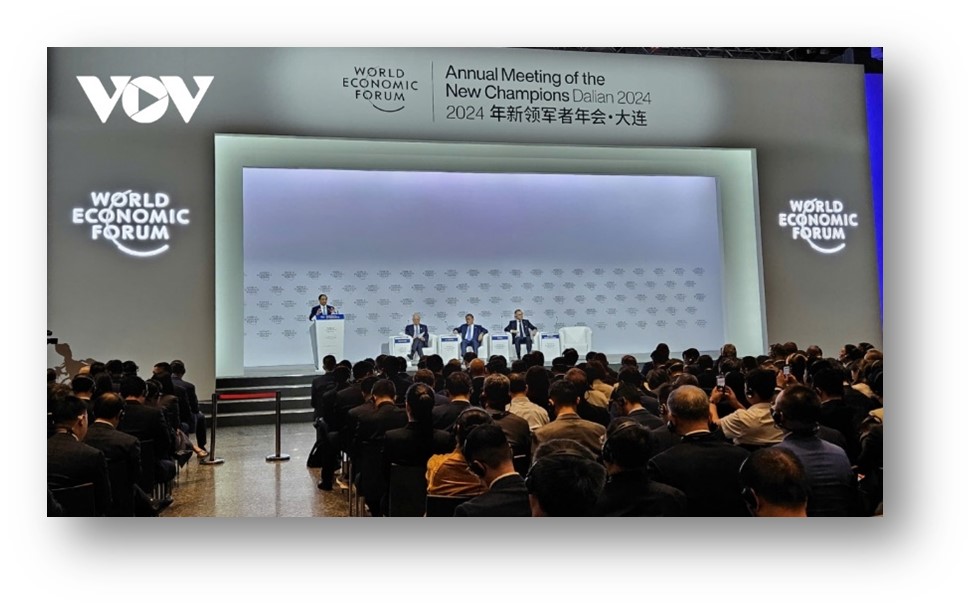
5. Providing Legal Frameworks and Norms
International Laws and Treaties: International organizations establish legal frameworks that govern state behavior, such as the Geneva Conventions for the protection of civilians during war.
Arbitration and Dispute Resolution: The International Court of Justice (ICJ) and other tribunals resolve disputes peacefully by providing legal judgments or advisory opinions on international conflicts.
6. Capacity-Building and Governance Support
Strengthening Institutions: Organizations like the UN Development Programme (UNDP) assist in developing governance structures, supporting elections, and establishing rule of law in post-conflict states.
Training and Reform: They provide training for local police, military, and judicial systems to build a sustainable foundation for peace and security.
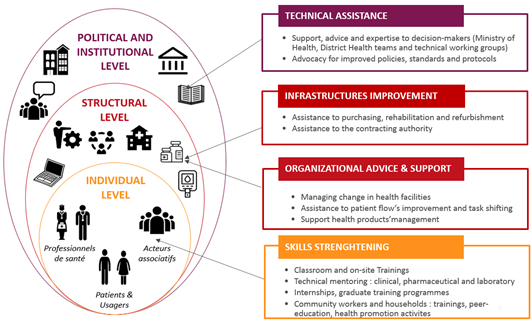
7. Preventive Diplomacy and Early Warning
Monitoring and Reporting: International organizations monitor potential conflict zones, providing early warning of escalating tensions. For example, the UN and OSCE conduct regular assessments to prevent conflicts from erupting.
Preventive Action: They may conduct preventive diplomacy missions or deploy resources to mitigate potential conflicts before they turn violent.
8. Sanctions and Peacebuilding Mechanisms
Sanctions and Embargos: The UN Security Council can impose sanctions on countries or groups that violate peace agreements or commit human rights abuses, aiming to pressure them to change behavior.
Peacebuilding Missions: Peacebuilding units and task forces focus on long-term stabilization efforts, addressing root causes of conflicts, and promoting inclusive development.
In sum, international organizations serve as impartial mediators, support peace operations, provide humanitarian aid, promote justice and accountability, and lay the groundwork for sustainable peace. Their presence enhances the legitimacy and reach of peace initiatives, creating conditions for stability and development.



